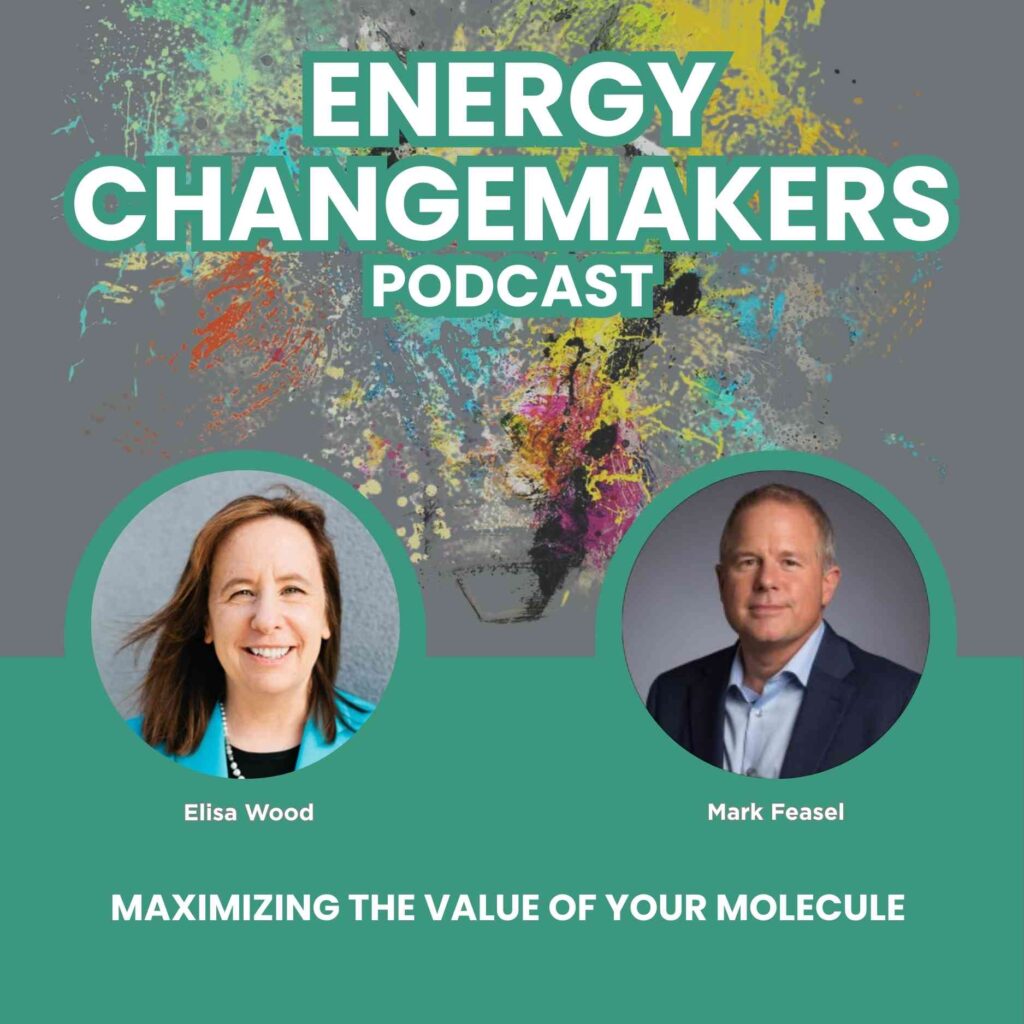
Just a few years ago, those who couldn’t access an electric grid connection were mostly found in Africa or Southeast Asia. Now it’s becoming true in North America too.
Interconnecting with the US electric grid — especially if you’re a data center — is sort of like securing oceanfront property for a spot on the beach. It’s precious and expensive.
“And that ocean-front property is indeed running out,” says Mark Feasel, founder of the new consultancy VisRete.
It’s a strange state of affairs. Demand for power is growing for the first time in decades. Utilities would love to serve the demand, but a confluence of market and regulatory problems makes it hard for them to create more interconnections.
So what now?

I sought out Feasel for answers to that question because he has worked at the cusp of grid change for many years, particularly in the areas of microgrids and fuel cells, while in earlier roles at Schneider Electric and FuelCell Energy.
The AI race is shaping up a lot like the early search engine wars, he says in a recent episode of the Energy Changemakers Podcast. The stakes were high. Google won. We barely remember Alta Vista.
None of today’s AI companies wants to be Alta Vista. So they are working hard now to train models in anticipation of a broad embrace of AI in five or six years, he says.
That means building enough compute power — and securing the energy to support it. Electric utilities had always been the easy button to accomplish this. No more.
That’s a problem because data centers have adopted “an entire way of working that is prefaced upon interfacing with a grid. But what if that grid’s not there? You’re starting from a whole different place. You’re starting from a blank canvas,” Feasel says.
That’s creating questions for data center operators and opportunities for energy innovators.
Listen to Maximizing the Value of Your Molecule for some ideas on where to go from the blank slate. Enjoy the conversation!
Stay on top of the rapid changes on the grid edge and meet some of the field’s most innovative thinkers. Join the Energy Changemakers Community.

